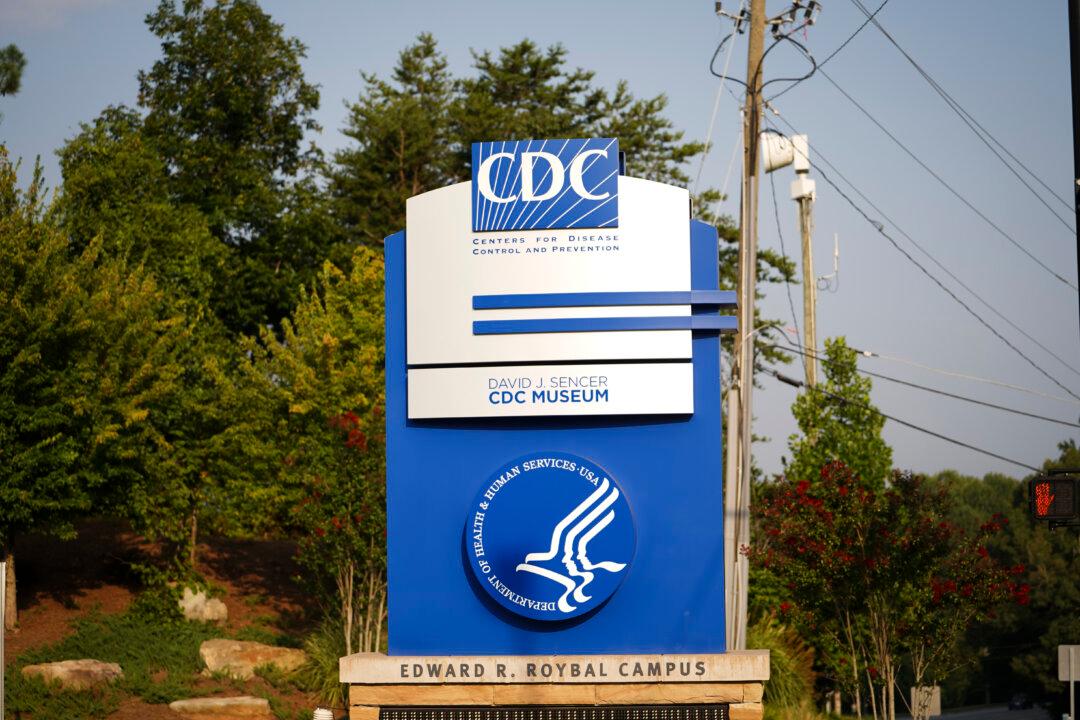Some four million Americans have received one of the new COVID-19 vaccines, U.S. officials say.
“Already four million Americans have rolled up their sleeves,” Dr. Mandy Cohen, director of the U.S. Centers for Disease Control and Prevention (CDC), told reporters during a briefing this week.





